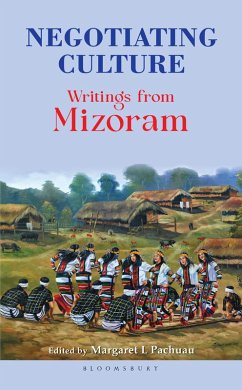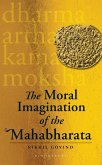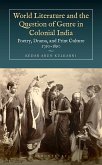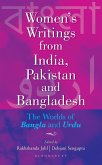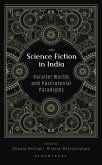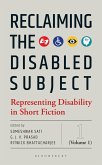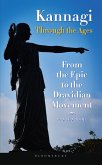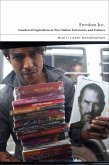In these phenomenal essays, 14 scholars take stock of the effects and response to identity, and culture studies within Mizo literary narratives. The essays address issues that contextualize the development of subaltern and postcolonial studies and the quest for identity within the Mizo perspective. This book offers a multidisciplinary perspective, with insights from history, memory studies, cultural studies and attempt to locate and situate dynamics that are related to orality, history and narrative.
Linking the concern with identity to popular literature, individualism, and the need to draw borderlines, the essays identify the most important topics in individual and collective identities in the Mizo. The illuminating essays contextualize developments within Mizo intellectual history, and display aspects that relate to the continuing force in the ongoing study of the relationship between literature, ethnography, and ethnic and cultural studies.
From orality, colonial, and postcolonial parameters, the book analyzes the ways in which colonial struggles have continued to contribute to postcolonial discourse in the Mizo, by producing fundamental ideas about the relationship between non-western and western cultures.
Linking the concern with identity to popular literature, individualism, and the need to draw borderlines, the essays identify the most important topics in individual and collective identities in the Mizo. The illuminating essays contextualize developments within Mizo intellectual history, and display aspects that relate to the continuing force in the ongoing study of the relationship between literature, ethnography, and ethnic and cultural studies.
From orality, colonial, and postcolonial parameters, the book analyzes the ways in which colonial struggles have continued to contribute to postcolonial discourse in the Mizo, by producing fundamental ideas about the relationship between non-western and western cultures.

